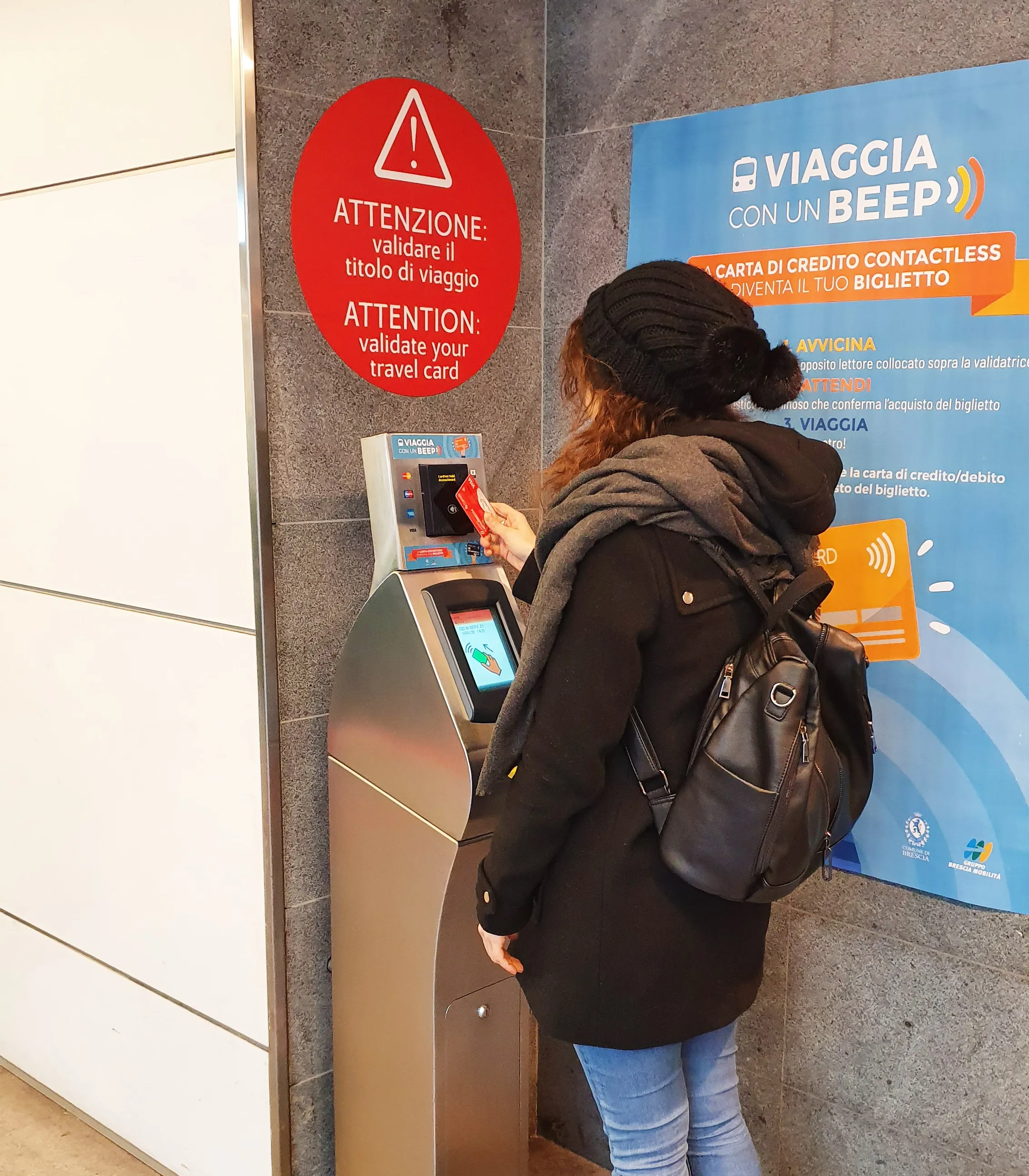Cubic Transportation Systems’ subsidiary, NextBus has been awarded three prestigious contracts totalling more than US$4.3 million for its in-demand real-time passenger information systems (RTPI) product suite.
The San Francisco Municipal Transportation Agency (SFMTA) has exercised an option with NextBus valued at US$2 million under a contract awarded in 2013. The contract includes the RTPI system that NextBus hosts for Muni as well as maintaining onboard hardware, bus shelter signs and LCDs in subways.
December 18, 2014
Read time: 2 mins
The
Jacksonville Transportation Authority has awarded a US$2 million contract to NextBus to deliver its RTPI system, bus shelter signage and LCDs for displaying arrival predictions.
The State University of New York Purchase College has awarded NextBus a five-year contract which includes services to support the NextBus system. NextBus technology is in operation at more than 40 universities throughout the United States and Canada.
NextBus vehicle predictive arrival information can be accessed through its regularly updated app or website which is accessible on any internet-capable device and is visible on LED/LCD signs at bus shelters, transit depots and stations. Using GPS technology, NextBus automatically determines a passenger’s location and the nearest stops, which is available on a live map on the NextBus website.
For transit operators, the NextBus system provides a host of management tools that enable operators to maximize their on-time performance and transit planning. Tools include headway management that track how far apart buses are spaced out, schedule adherence, replay maps that utilise historical travel data to show dispatcher past vehicle location, and the real-time map interface, which allows transit managers to monitor their vehicles and know if they go off route and see if they’re stationary, early, on-time or late.
“NextBus has a proven track record of success with more than 130 transit agency deployments in the United States, Canada and Australia,” said Ian Newberg, president of NextBus. “As we expand into the international market, we will continue to take the guesswork out of riding public transit for riders and improve performance and planning for operators and also help increase ridership.”









